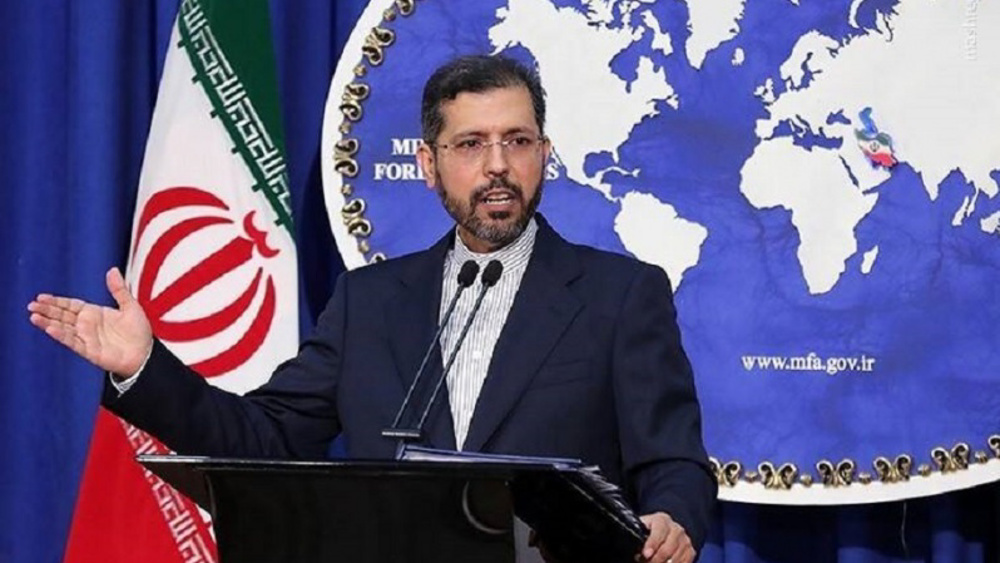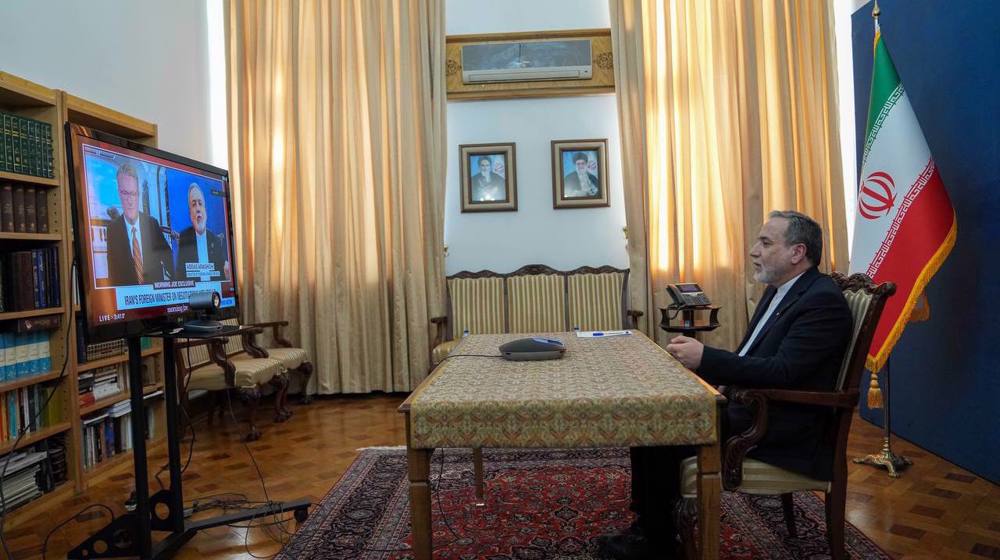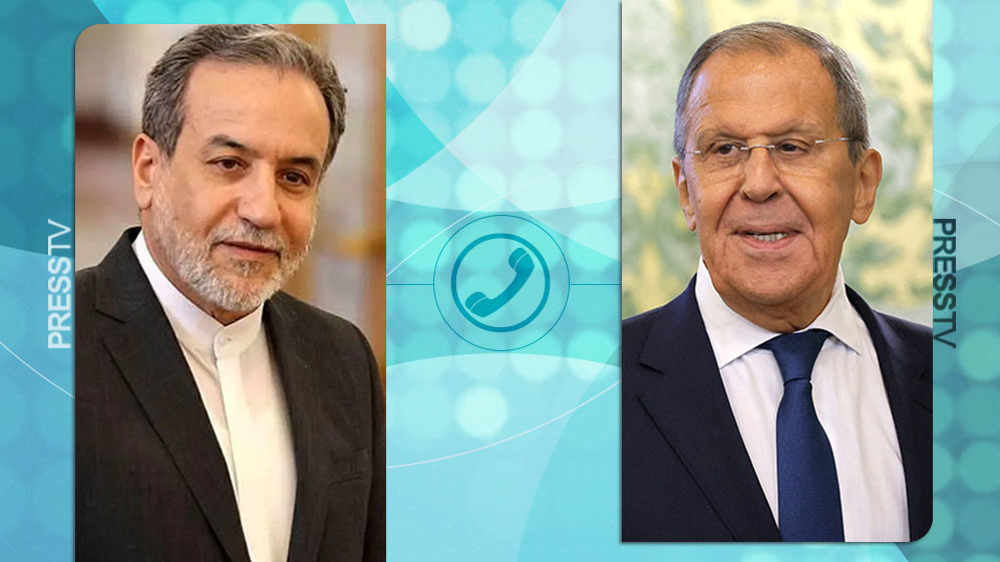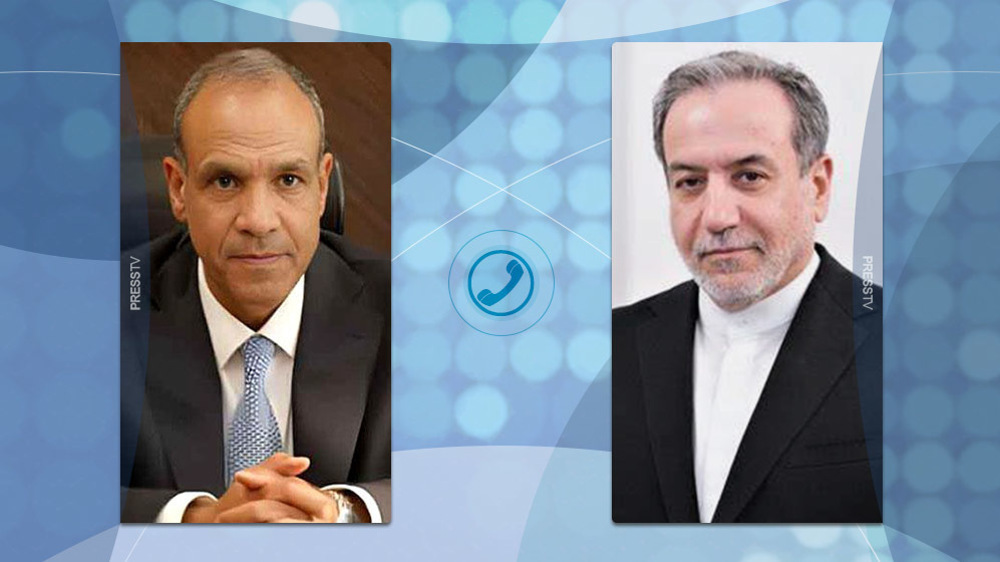Iran welcomes change in Saudi Arabia’s tone: Spokesman
Foreign Ministry spokesman Saeed Khatibzadeh says Iran welcomes the recent “change in Saudi Arabia’s tone” towards the Islamic Republic, adding that the “important” regional players can start revisiting their relations.
“With the help of constructive viewpoints and a dialog-based approach, the important regional and Muslim world countries can put their differences behind and enter a fresh chapter of interaction and cooperation towards realization of regional peace, stability, and development,” Saeed Khatibzadeh said on Thursday night.
Earlier, Saudi Crown Prince Mohammed bin Salman had told the Saudi-owned al-Arabiya TV that the kingdom viewed Iran as a neighboring country and aspired to have good relations with it.
“At the end of the day, Iran is a neighboring country. All we ask for is to have a good and distinguished relationship with Iran,” he had said.
Regional powerhouse Iran’s steady growth and burgeoning regional influence has hardly sat well with the Saudi kingdom over the past years. Riyadh cut its diplomatic ties with Tehran in early 2016 after the kingdom's execution of senior Saudi Shia cleric Sheikh Nimr al-Nimr prompted angry protests in front of Saudi diplomatic missions in Iran.
Bin Salman’s remarks struck a different tone from Riyadh’s normal rhetoric regarding Tehran, through which the kingdom would try to demonize Tehran for years on end.
Khatibzadeh recalled how the Islamic Republic itself has been originating proposals aimed at sewing up existing rifts among regional countries, most importantly the Hormuz Peace Initiative (HOPE). Devised by President Hassan Rouhani, the proposal seeks to establish a mechanism implemeted by regional countries to ensure regional security.
With such proposals, “the Islamic Republic has been pioneering the course of regional amity and cooperation and welcomes the change in Saudi Arabia’s tone,” the spokesman said.
He expressed hope that the holy Muslim fasting month of Ramadan inaugurates convergence among members of the regional Muslim society and rid the region of the scourge of warfare, displacement, and insecurity.
During the interview, however, Bin Salman added a touch of Saudi Arabia’s former discourse to his remarks, claiming Riyadh “has a problem with Tehran’s negative behavior, its nuclear program, and its support for militias.”
The Islamic Republic has changelessly spurned any claims aimed at branding it with regional interference or tarnishing its nuclear activities.
It has routinely underlined that its peaceful nuclear program was neither geared towards any malign purposes, and nor was anybody’s concern other than Tehran itself.
The Islamic Republic has similarly been standing up to the kingdom’s incessant and continual claims alleging that it backs any regional fighting force.
Instead, Iranian officials, have been urging Saudi Arabia to stop meddling in the regional countries’ affairs and put an end to the years-long Riyadh-led war on its impoverished southern neighbor Yemen.
VIDEO | Police battle opposition protesters in Albanian capital
Israeli expansion across West Asia would be ‘fine’: US envoy
VIDEO | UK court frees remaining jailed members of Palestine Action
VIDEO | Former prince Andrew arrested by British police
VIDEO | Backlash mounts as Pakistan joins US-led Gaza ‘Board of Peace’
Saudi-Greece fiber optic project to pass through Syria instead of occupied territories: Report
Israel steps up bloodshed in Lebanon
US lawmakers move towards vote on limiting Trump’s Iran strike authority










 This makes it easy to access the Press TV website
This makes it easy to access the Press TV website